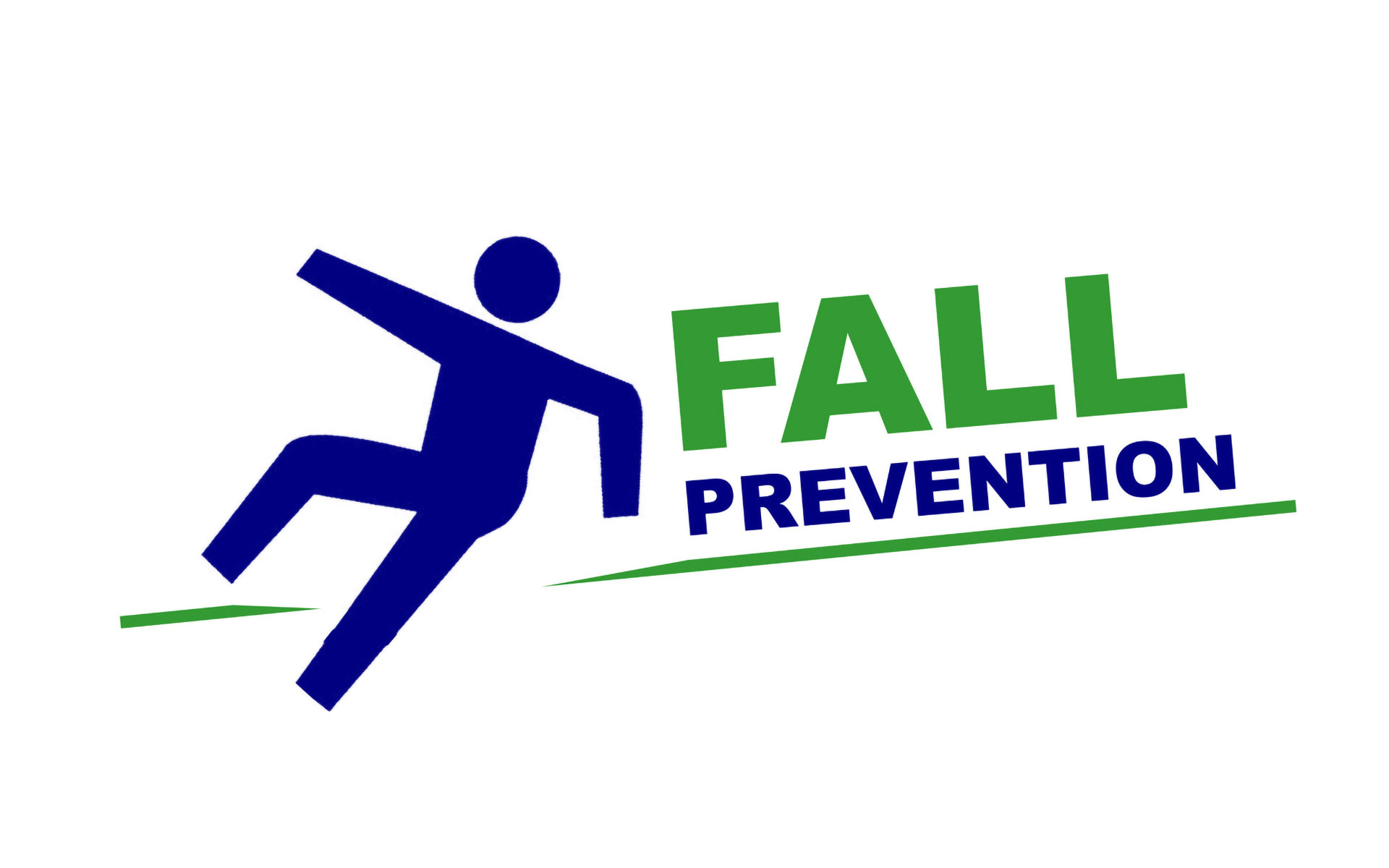 Basic
Basic
This course highlights the importance of ongoing professional development for support workers to maintain high-quality, person-centred care under the NDIS. It covers ways to identify learning needs, access training opportunities, and keep skills and knowledge current. By the end, learners will understand how continuous learning supports compliance, career growth, and better outcomes for participants.
 Basic
Basic
This course helps support workers and staff understand how to identify and use each participant’s preferred communication method. This ensures that information is shared in a way they can understand and respond to, supporting their autonomy and wellbeing.
 Basic
Basic
The purpose of this course is to equip support workers and NDIS professionals with the knowledge, skills, and confidence required to safely and respectfully prepare, deliver, and monitor meals for participants. Mealtimes are a key part of a participant’s health, wellbeing, and quality of life. This training ensures that staff understand and implement individual mealtime management plans, recognise and respond to dysphagia risks, and follow safe food handling and hygiene practices. Learners will also explore person-centred approaches to respecting participant preferences, cultural needs, and dignity of choice, while meeting nutritional requirements and reducing risks such as choking, aspiration, and malnutrition. By the end of the session, learners will be prepared to provide safe, compliant, and empowering mealtime support consistent with NDIS Practice Standards, organisational policies, and Australian food safety regulations.
 Basic
Basic
This course aims to build the professional and ethical capacity of NDIS workers and service providers to actively prevent and respond to all forms of abuse, neglect, and exploitation experienced by people with disability. The Zero Tolerance approach is more than a policy—it represents a culture of safety, respect, and accountability that every worker must uphold in daily practice.
The course helps participants understand what Zero Tolerance means in real-world service delivery, how to recognise early warning signs, and how to act in line with legal and organisational obligations. By completing this training, learners will gain the confidence and skills to protect participants’ rights and contribute to a workplace where abuse is never ignored or excused.
 Advanced
Advanced
This Medication Management training session provides support workers and NDIS professionals with the essential knowledge and practical skills to safely support participants with their medications. The course introduces the principles of safe medication handling, including legal and ethical responsibilities under the NDIS Practice Standards, the importance of participant consent and dignity of risk, and the prevention of medication errors. Learners will explore common medication types and routes, the “Five Rights” of administration, correct documentation and reporting procedures, and how to respond to refusals, errors, or adverse reactions. The session combines theory, workplace examples, and practical scenarios to build confidence and competence, ensuring participants receive safe, respectful, and effective medication support.
 Advanced
Advanced
The purpose of this course is to strengthen the advanced analytical and collaborative skills required to support the assessment and development of Behaviour Support Plans (BSPs) under the NDIS framework. It aims to equip experienced support workers, team leaders, and emerging behaviour support practitioners with the confidence to interpret behavioural assessments, contribute to plan design, and ensure the fidelity of implementation in practice. The course builds on prior learning from Developing an Interim Behaviour Support Plan, moving beyond immediate response planning to long-term, data-driven behavioural support.
Participants will learn how to interpret assessment findings, identify behavioural functions, and apply evidence-based strategies that promote independence and dignity for people with disability. Emphasis is placed on aligning practice with the NDIS (Restrictive Practices and Behaviour Support) Rules 2018, NDIS Quality and Safeguards Commission requirements, and Positive Behaviour Support Capability Framework. Learners will also gain insight into quality documentation, continuous improvement, and ethical considerations in behaviour support planning.
By the end of this course, learners will understand the key stages of behaviour assessment, data interpretation, and collaborative plan development. They will be able to contribute meaningfully to the creation, monitoring, and review of BSPs that enhance quality of life, reduce restrictive practices, and meet both participant and organisational compliance standards.
 Intermediate
Intermediate
This course teaches support workers how to identify fall risks and implement strategies to reduce the likelihood of falls for people with disability or those receiving care. It covers environmental safety checks, safe mobility techniques, and reporting requirements for incidents or hazards. By the end, learners will be able to support participants in maintaining independence while ensuring a safe and fall-free environment.
 Intermediate
Intermediate
This course guides support workers through the process of reviewing Behaviour Support Plans (BSPs) to ensure they remain effective, person-centred, and aligned with the participant’s goals. It explains how to collect and document behaviour data, collaborate with behaviour support practitioners, and adjust strategies as needed. By the end, learners will understand their role in monitoring progress, supporting positive behaviour outcomes, and contributing to regular BSP reviews.
 Intermediate
Intermediate
To build awareness of rights and responsibilities under the NDIS.
To ensure workers can identify and respond to signs of harm.
To align worker practice with NDIS Practice Standards and Australian legal obligations.